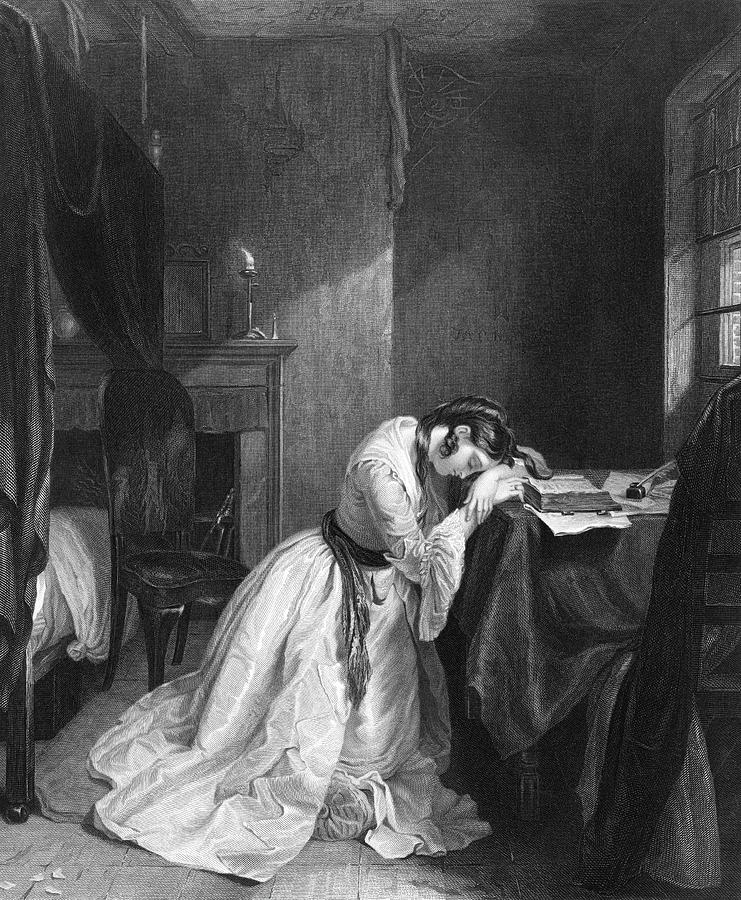Possessed by Property
- Beth Cortese
- Julie Hastrup-Markussen
- Ross Deans Kristensen-McLachlan
- Jakob Ladegaard
- Dennis Yi Tenen
And now, with regard to the worldly matters which I shall die possessed of, as well as to those which of right appertain to me, either by the will of my said grandfather, or otherwise; thus do I dispose of them. – Samuel Richardson: Clarissa, Vol. 9, letter XXXIII.
The reading of the grandfather’s will in Samuel Richardson’s Clarissa sets in motion a crisis of ownership in which Clarissa’s “father’s living will” seeks to control her “grandfather’s dead one” (Vol. 1, letter XLIV). Clarissa becomes estranged from her family when she inherits an estate from her grandfather, who thereby bypasses her father and uncles as well as her siblings. The novel ends with Clarissa’s will, in which her property, guilt, and moral justice are distributed after her death. Bracketed by these two last wills, the novel can be read as a sustained reflection on the relationship between possession of property, inheritance, and agency.
In a joint effort between Columbia English Department’s Literary Modeling and Visualization Lab and the Unearned Wealth research project at the Department of Comparative Literature, Aarhus University, Denmark, we use computational tools to investigate the dynamics of property transference along familial gender lines in Richardson’s Clarissa. We read the work in the context of legal history as well as contemporary economic criticism to discover the ways in which fiction departs from legal practice, finding structural difference between actual and affective possession.

